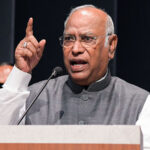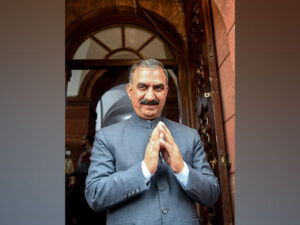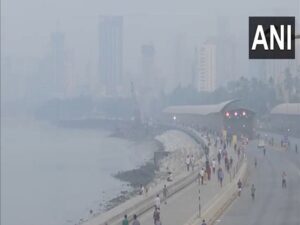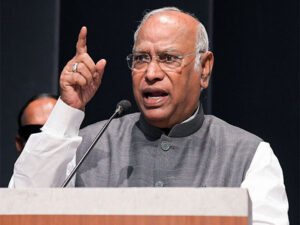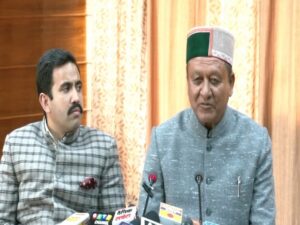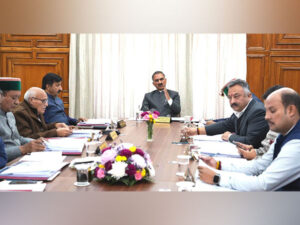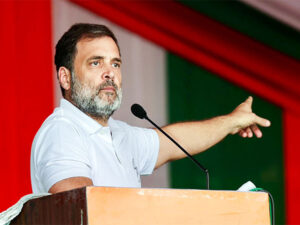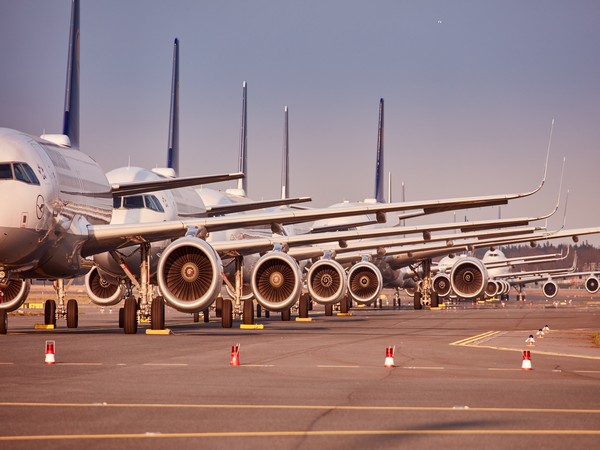
Geneva [Switzerland], June 25 (ANI): The International Air Transport Association (IATA) has urged governments to avoid quarantine measures when re-opening their economies.
Instead, the apex body representing some 290 airlines is promoting a layered approach of measures to reduce the risk of countries importing COVID-19 via air travel and to mitigate the possibility of transmission in cases where people may travel while unknowingly being infected.
“Imposing quarantine measures on arriving travellers keep countries in isolation and the travel and tourism sector in lockdown,” said IATA’s Director General and CEO Alexandre de Juniac.
“Fortunately, there are policy alternatives that can reduce the risk of importing Covid-19 infections while still allowing for the resumption of travel and tourism that are vital to jumpstarting national economies. We are proposing a framework with layers of protection to keep sick people from travelling and to mitigate the risk of transmission should a traveller discover they were infected after arrival,” he said.
IATA encourages a layering of bio-safety measures in two areas: reducing the risk of imported cases via travellers and mitigating risk in cases where an infected person does travel.
de Juniac said quarantine measures may play a role in keeping people safe but they will also keep many unemployed. The alternative is to reduce risks through a series of measures. Airlines are already offering flexibility so there is no incentive for sick or at-risk people to travel.
“Health declarations, screening and testing by governments will add extra layers of protection. If someone travels while infected, we can reduce the risk of transmission with protocols to prevent the spread during travel or when at the destination. Effective contact tracing can isolate those most at risk without major disruptions,” he said.
Data transmission required for health declarations, testing and tracing raise privacy concerns. Mutually recognised standards will be needed for testing. Governments have a common interest in finding solutions.
The rapid agreement by governments to ICAO’s Take-Off guidelines demonstrates that progress on complex issues is possible where there is the political will to do so, said de Juniac.
There is every economic incentive to make a layered approach work. The World Travel and Tourism Council estimates that travel and tourism account for 10.3 per cent of global GDP and 300 million jobs globally (direct, indirect and induced economic impact).
Mandatory quarantine measures stop people from travelling. Recent public opinion research shows that 83 per cent of travellers will not even consider travelling if quarantine measures are imposed on travellers at their destination.
And analysis of trends during the lockdown period shows that countries imposing quarantine saw arrivals decrease by more than 90 per cent — an outcome that is similar to countries that banned foreign arrivals.
“Quarantine is a lop-sided solution that protects one and absolutely fails at the other. We need government leadership to deliver balanced protection,” said de Juniac. (ANI)




